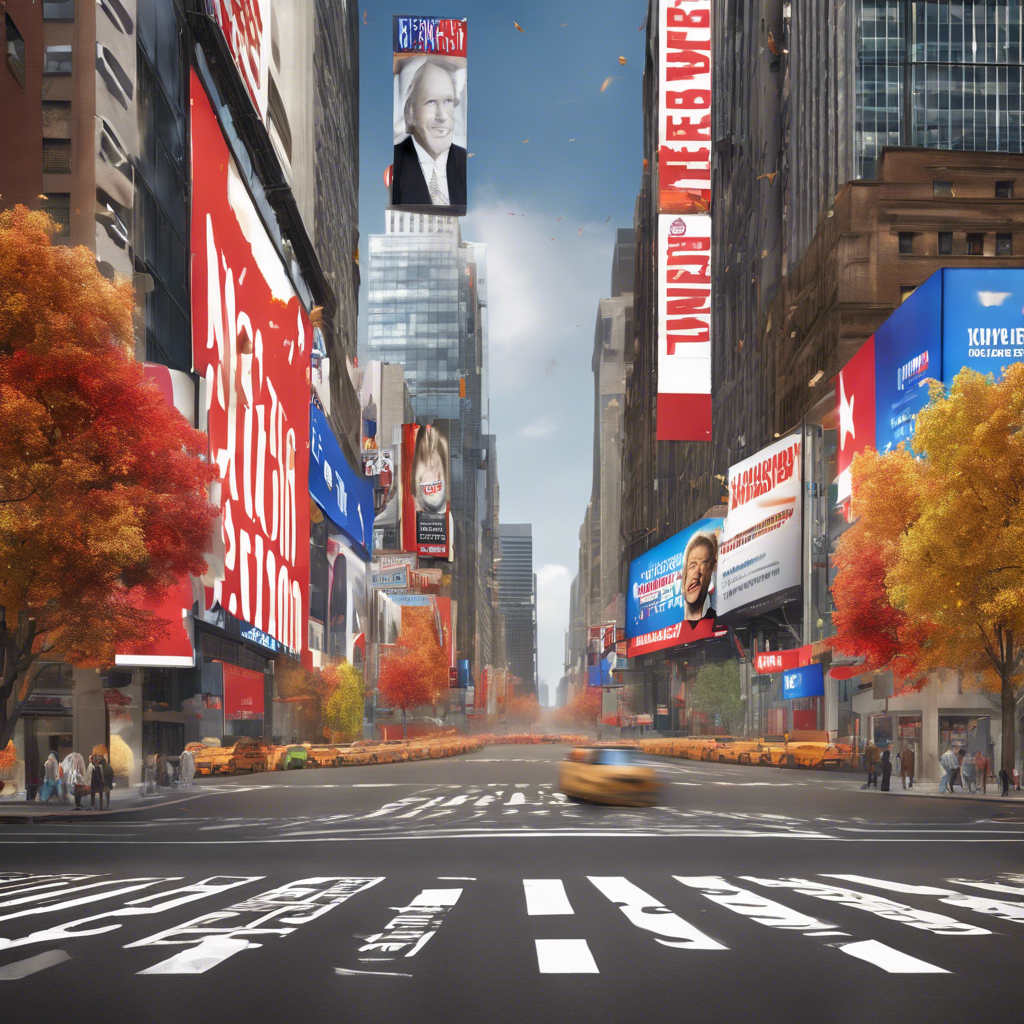
Following the online dissemination of images showcasing the destruction wrought by Hurricane Helene, a particular image of a crying child with a puppy on a boat gained significant attention. This post received millions of views on X (formerly Twitter) and elicited emotional responses, especially among Republicans criticizing the Biden administration’s disaster management. However, critics quickly pointed out indicators that the image was likely generated by artificial intelligence, such as distorted limbs and typical blurriness found in AI-generated visuals. AI-generated images have surged on social media, especially during politically charged events. Observers believe these synthetic images serve to promote partisan narratives without regard for factual accuracy. After a community note on X indicated the image was likely AI-derived, some users, including Senator Mike Lee (R-Utah), removed their posts, as reported by Rolling Stone. In contrast, others maintained their stance, with Amy Kremer of the Republican National Committee stating that the image symbolized the deep suffering people are experiencing. Experts like Georgetown's Renée DiResta noted that AI is now a tool for campaign supporters to engage online, as it is affordable, easy to create, and entertaining. This phenomenon was amplified by other potentially AI-generated images circulating after natural disasters, which often carried partisan implications.
The distinction between factual accuracy and deeper emotional truth was emphasized by Matthew Barnidge, a political communication professor. Evidence suggests that factual corrections can shift voter perspectives, yet some responses—such as to Donald Trump—remain unaffected despite fact-checking. An additional challenge lies in discerning real images from AI creations, as noted by Emily Vraga, highlighting that striking visuals can provoke instant emotional reactions, often overwhelming critical thinking. The ongoing prevalence of AI images correlates with diminishing legacy media coverage, leading to an influx of propaganda masquerading as content. Researchers have identified various unrelated AI-generated imagery populating social platforms, often serving ulterior motives like ad revenue or data collection. AI-generated images can significantly influence political discourse, as illustrated by a Musk-endorsed AI image of Kamala Harris designed to convey an un-American narrative, potentially eroding public trust in election integrity. Eddie Perez from the OSET Institute expressed concern that these images contribute to political polarization, which may threaten confidence in electoral processes amidst ongoing claims of election interference by Republicans.
Impact of AI-Generated Images in Political Narratives


NEW YORK, Oct.

Former Apple CEO John Sculley considers OpenAI as Apple’s first significant competitor in many years, highlighting that AI has not been a particular strength for Apple.

Meta, a leading technology company renowned for its innovations in artificial intelligence and digital marketing, has launched a groundbreaking real-time AI marketing suite aimed at significantly improving the accuracy of consumer targeting.

In October 2025, the National Republican Senatorial Committee (NRSC) released a highly controversial AI-generated video showing Senator Chuck Schumer seemingly celebrating a government shutdown.

A necessary component of this site failed to load.

Twenty20 Across industries from technology to airlines, major global firms have been cutting staff amid the tangible impacts of artificial intelligence (AI), causing anxiety among employees

In today’s fast-changing digital environment, marketers are increasingly leveraging artificial intelligence to transform consumer engagement.
Automate Marketing, Sales, SMM & SEO

and get clients on autopilot — from social media and search engines. No ads needed
and get clients today